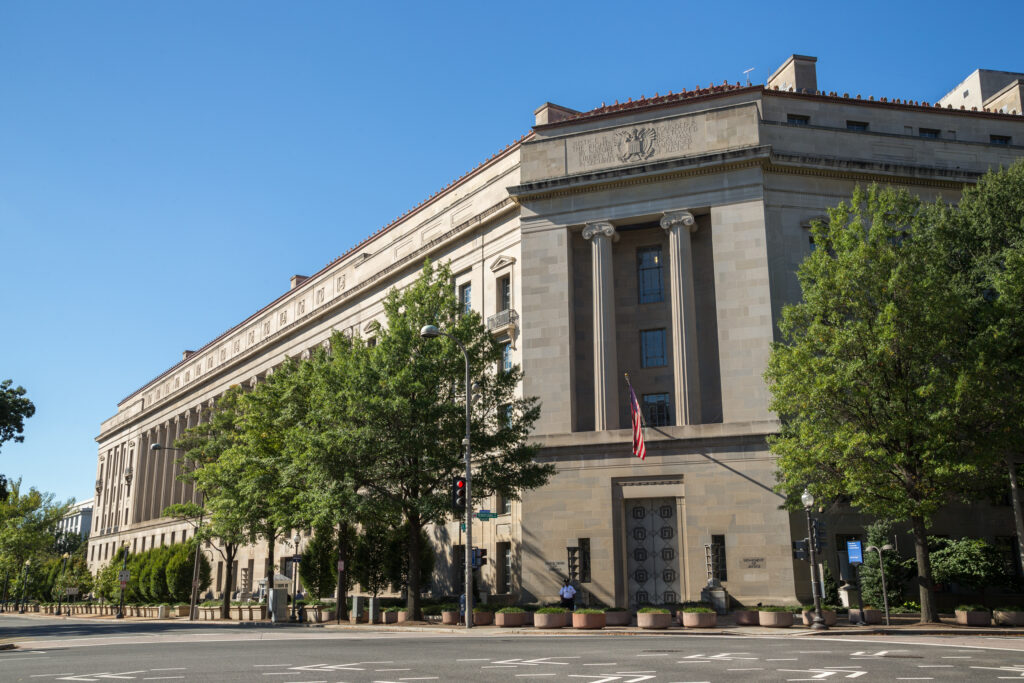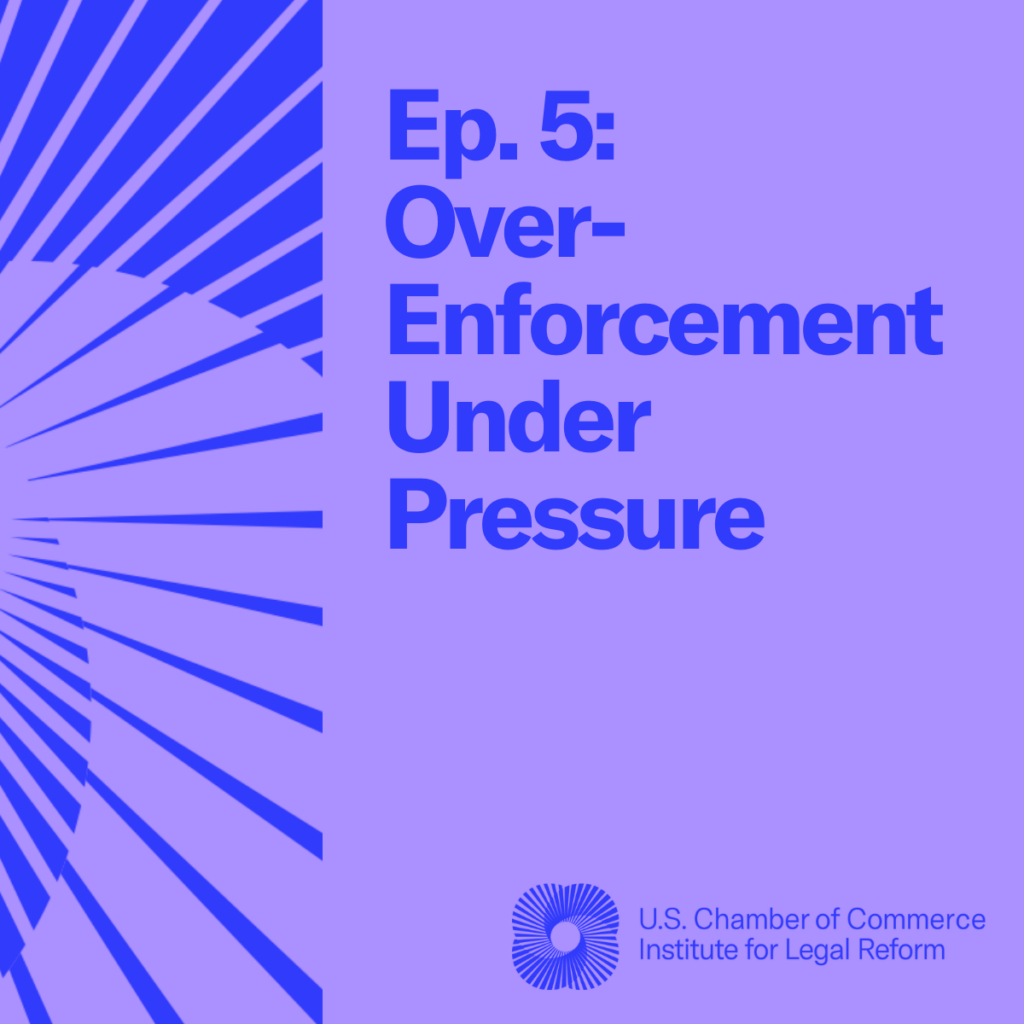Irrational government enforcement policies harm businesses of all sizes, from raisin farmers and fishermen to medical device manufacturers and famous guitar makers. If companies don’t have clearly defined rules of the road, they won’t know how to stay on the right side of the law. This can mean they spend years and millions of dollars fighting arbitrary enforcement actions.
Over the past few years, various federal agencies have implemented positive changes aimed at reining in enforcement policies dictated by PowerPoint rather than the rule of law. One important reform happened in 2018 when the Department of Justice (DOJ) prohibited federal prosecutors from threatening companies over their responses to non-binding guidance from federal agencies. The DOJ made clear that prosecutions have to be based on violations of statutes or rules adopted through a notice-and-comment process.
But actions speak louder than words, and there are troubling allegations that the government is still threatening companies that follow the law with legal action. A recent Wall Street Journal editorial describes what happens when government agencies choose to ignore their own rules and rely on confusing, conflicting guidance.
According to the editorial, DOJ prosecutors have trapped Walmart in a bureaucratic maze and refused to let the company out, even when it followed the map that statutes and regulations laid out. The company has asked the DOJ to clarify how its pharmacists can keep doing their jobs without running afoul of state laws and fuzzy, unclear federal guidance. This runs counter to the DOJ’s own rule, which states that any enforcement action “‘must be based on violations of applicable legal requirements,” not informal directives, “because guidance documents cannot by themselves create binding requirements that do not already exist by statute or regulation.”’
There is no question that the opioid crisis is a serious public health battle, and there are federal and state laws in place to help in that battle. For example, the Controlled Substance Act (CSA) ensures that licensed pharmacists only fill prescriptions by DEA-licensed practitioners and require them to block any forged or altered prescriptions. And each state has its own set of medical rules and regulations that companies must follow on top of that. As the editorial states, pharmacists can get “whipsawed between the contradictory orders of federal and state authorities.”
Knowing the rules of the road means that you can follow the law. Those responsible for enforcing the rules cannot and should not change them on a whim. Rules mean nothing if they don’t protect all of us—individuals and companies alike—from government excess when we follow them.


